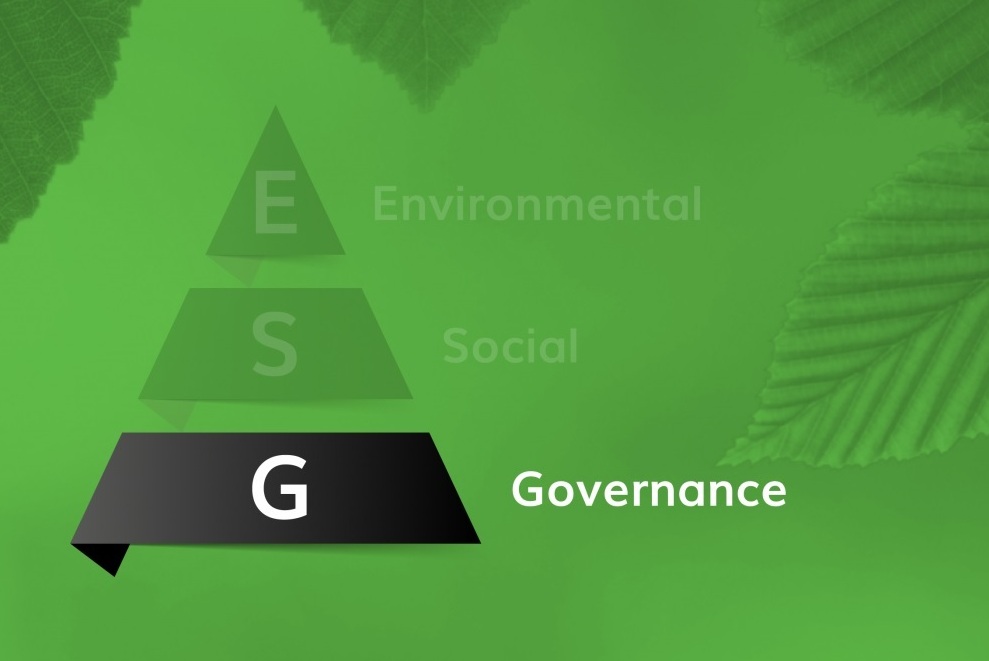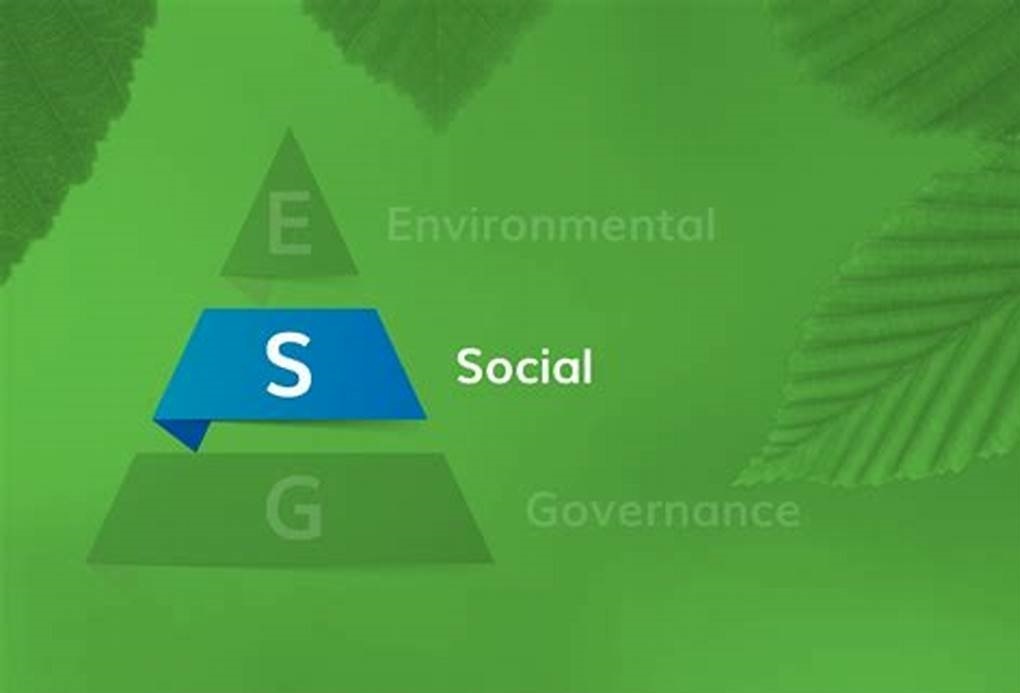In the backdrop of the climate crisis, ESG has swiftly evolved as the new buzzword in the finance world. While many consulting firms and media outlets have jumped on the bandwagon of publishing reports about ESG, it helps to understand the meaning of the term and what it means for us as a population that is struggling to keep the planet Earth liveable.
What is ESG: How Does it Impact Investments?
ESG stands for Environmental, Social, and Governance – metrics used to score an organisation’s efforts towards sustainability. ESG reportingrefers to a set of criteria that are used by investors to evaluate a company’s performance to determine the possibility of potential investments. It goes beyond traditional frameworks for investment in the sense that it assesses how a company operates vis-a-vis its environmental practices, social impact on stakeholders, and corporate governance structures.
The term ESG first appeared in a UN report titled ‘Who Cares Win’ published in 2004. However, it was only in recent years – primarily since 2018 – that the term has gained significant momentum in financial investment reporting. Investors now increasingly use ESG scores in their investment analysis and decision-making process.
Here’s what the three metrics of ESGcover:
Environmental: For this metric, investors look at how companies handle environmental matters, such as their policies on climate change, energy usage, waste management, pollution control, conservation of natural resources, and treatment of animals. They also consider factors like greenhouse gas emissions, how the company manages its toxic waste, and if it follows environmental laws.
Social: For the social metric, investors evaluate how a company interacts with both its internal and external stakeholders. Some important benchmarks include checking whether the company gives back to the local community via donationsor whether it encouragesits staff to volunteer for community projects.Another factor considered is the safety and well-being of the company’s employees.
Governance: For this metric, the investors evaluate whether the company is run responsibly and transparently. Companies are assessed to see if they use accurate accounting methods, promote integrity and diversity in leadership roles, and are answerable to shareholders. Investors also look for assurances that the company avoid conflicts of interest while selecting its board members and executives and refrains from using political contributions for special treatment.
ESG Score: How is it Calculated
An ESG score is an objective assessment of how well a company performs in terms of the Environmental, Social, and Governance factors discussed above. Different rating platforms use different criteria to assess the ESG performance of a company. These criteria may either be specific to the company’s industry or applicable across various sectors.
Industry-specific vs. Industry-agnostic: In an industry-specific scoring system, the ESG score is tailored to the industry that the company falls within, hence focusing on issues that are pertinent to that sector. The industry-agnostic scoring system incorporates factors that are universally significant like climate change, diversity, equity and inclusion (DEI), and human rights.
Scoring Process: Rating platforms assign weights to each criterion (E, S, and G) and then evaluate the company’s performance against these criteria. The final ESG score is typically a calculation based on the ratings of individual criteria and their respective weightings. The weightings are often determined by the particular platform’s methodology.
Who provides an ESG Score?
Typically, an analyst with the rating agency uses three resources to arrive at a rating for a company: publicly available information about the company, corporate disclosures by the company, and interviews conducted with the management of the company.
Here are some renowned rating agencies that publish ESG scores:
Institutional Shareholder Services (ISS): The ISS is one of the largest global institutional investor advisory services that scores organisations based on ESG. They employ various scoring systems, including carbon and water-risk ratings and even a governance score
Carbon Disclosure Project(CDP): The CDP is a non-governmental organisation that specialises in publishing ESG ratings, particularly focused on environmental factors. It conducts primary research directly with the company rather than solely relying on voluntary disclosures.
ESG Disclosures: Framework
As discussed above, rating agencies rely on a few resources to provide ESG scores to an organisation. Of the resources, the most weight is usually given to the corporate ESG disclosures provided by the company being rated.
These days the stock markets or the government require many companies to disclose their ESG reporting along with their annual report. To maintain a structure and to ensure that companies report along similar factors, they are required to select and follow a framework or a sustainability reporting standard. Here are some of the common frameworks:
Global Reporting Initiative (GRI): The GRI is one of the foremost organisations in sustainability reporting that provides a standardised framework for companies to disclose their ESG performance. The organisation is used by almost 10,000 organisations across 100 or more countries.GRI framework has been known to be used by both large-scale as well as small businesses, especially NGOs.
Principles for Responsible Investment (PRI): Established and supported by the United Nations (UN), the Principles for Responsible Investment are a set of guidelines created to encourage institutional investors to integrate ESG factors into their investment decisions. As of March 2022, PRI has over 4800 signatories who have committedthemselves to the sixUN principles and report annually on their progress. The six principles cover areas such as incorporating ESG issues into investment analysis and decision-making, being active owners and incorporating ESG issues into ownership policies and practices, seeking appropriate disclosure on ESG issues by the entities in which they invest, promoting acceptance and implementation of the principles within the investment industry, enhance effectiveness in implementing the principles, and report their activities towards implementing the principles.
Sustainability Accounting Standards Board (SASB): The Sustainability Accounting Standards Board (SASB) is a non-profit organisation that develops industry-specific sustainability accounting standards for publicly traded companies. Think of it as the GAAP (Generally Accepted Accounting Principles) of sustainability guidelines. SASB's standards are used by many companies globally to file their sustainability reports. As of August 2022, all SASB standards transitioned to the International Sustainability Standards Board (ISSB).
While the GRI, PRI and SASB are external rating agencies, many companies also score themselves internally to check their own progress. Such reviews are usually done across various business units to gauge their individual performances and also to measure actual results against specific factors that impact their primary stakeholders.
Challenges in ESG Reporting
While it is true that many organisations worldwide file their ESG reporting, the process still faces quite a few challenges specifically in terms of uniformity in reporting. According to a report titled ‘Investor Trust in Sustainability Data’ released by Deloitte and Tufts University, inconsistent data regarding ESG data is one of the biggest challenges to sustainability reporting. Here are some of the challenges in ESG reporting:
- Lack of Standardisation: Many ESG reporting systems used by companies lack standardised metrics and frameworks. This has led to investors facing inconsistencies and difficulties in comparing performance across companies as well as industries. Also, determining which ESG factors are important to a company’s financial performance can be subjective and differs from organisation to organisation. Within smaller companies, investors also face the issue of a lack of reliable and quality data.
- Scope and Coverage: Most ESG reporting often focuses on environmental factors. This means that social and governance aspects are usually ignored or not factored into in detail.
- Greenwashing and Reporting Bias: Greenwashing has become a legitimate concern among investors looking at ESG reports of companies. Greenwashing happens when an organisation markets itself as being more environmentally friendly than it actually is. As such, many investors have concerns regarding the accuracy and transparency of ESG reporting.
- Resource Constraints: ESG reporting requires significant resources in terms of time, expertise, and technology. Many companies, especially small companies suffer from budget constraints when it comes to sustainability reporting.
















.jpg)


